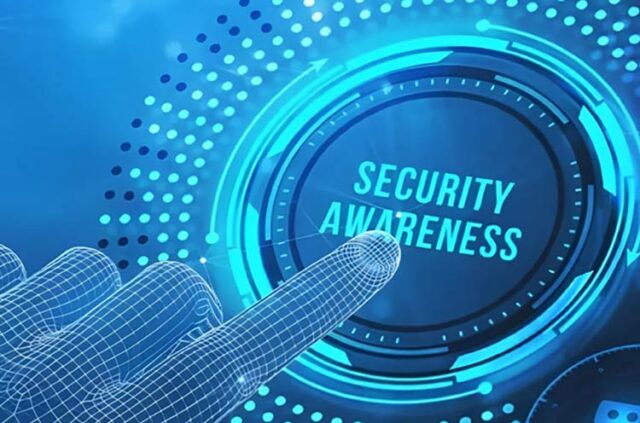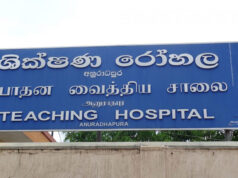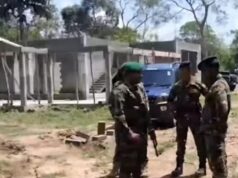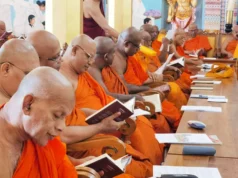By Rathindra Kuruwita
The notion that only a select group of Sri Lankan leaders were capable of effectively engaging with the international community has been shattered by President Anura Kumara Dissanayake’s recent visit to India, Ramindu Perera, a senior lecturer at the Open University Law Faculty and member of the Federation of University Teachers Association (FUTA) said.
Speaking to The Island yesterday (27), Perera said the President’s successful visit is a positive development not only for the National People’s Power (NPP) but also for other political leaders outside the traditional elite.
“The Janatha Vimukthi Peramuna (JVP), the principal constituent of the NPP, had an antagonistic relationship with India in the 1980s, and there was significant curiosity about how the NPP would engage with India,” Perera said. “It is now evident that states prioritise their national interests over historical tensions.”
Perera mentioned that India was currently navigating diplomatic challenges in the region, with strained relations with the Maldives, Bangladesh, and Nepal. “In this context, India also has strategic reasons to maintain a stable relationship with Sri Lanka. Ensuring that Sri Lanka does not act counter to its geopolitical objectives is crucial for India,” he said, adding that this pragmatic approach likely contributed to the openness in addressing longstanding issues, such as the fishermen’s dispute, during the visit.
A key focus of President Dissanayake’s discussions was securing India’s backing for Sri Lanka’s bid to join BRICS. Sri Lanka formally initiated its application to join the bloc and the New Development Bank in October 2024. “Although BRICS has temporarily halted the admission of new members, India has pledged to support Sri Lanka’s membership once the process resumes. India’s influence on international opinion is significant, and this commitment is a diplomatic win for Sri Lanka,” Perera said.
Commenting on the joint statement issued following the visit, Perera noted the absence of any specific mention of the 13th Amendment to Sri Lanka’s Constitution, which has historically been a focal point in Indo-Lanka relations. “Prime Minister Narendra Modi refrained from raising the matter during this visit, as he did during President Dissanayake’s earlier visit this year. This signals a shift in India’s approach, partly because the NPP has secured the support of Tamil voters, unlike previous governments,” he said.
Perera cautioned that while India is an important partner, Sri Lanka must remain vigilant in safeguarding its national interests. “India’s priority is, understandably, its own national agenda. For example, many of India’s proposals for physical connectivity with Sri Lanka are still under ‘consideration.’ Reading between the lines, it seems the government’s strategy is to delay commitments to proposals that could be unfavourable to Sri Lanka,” he said.








